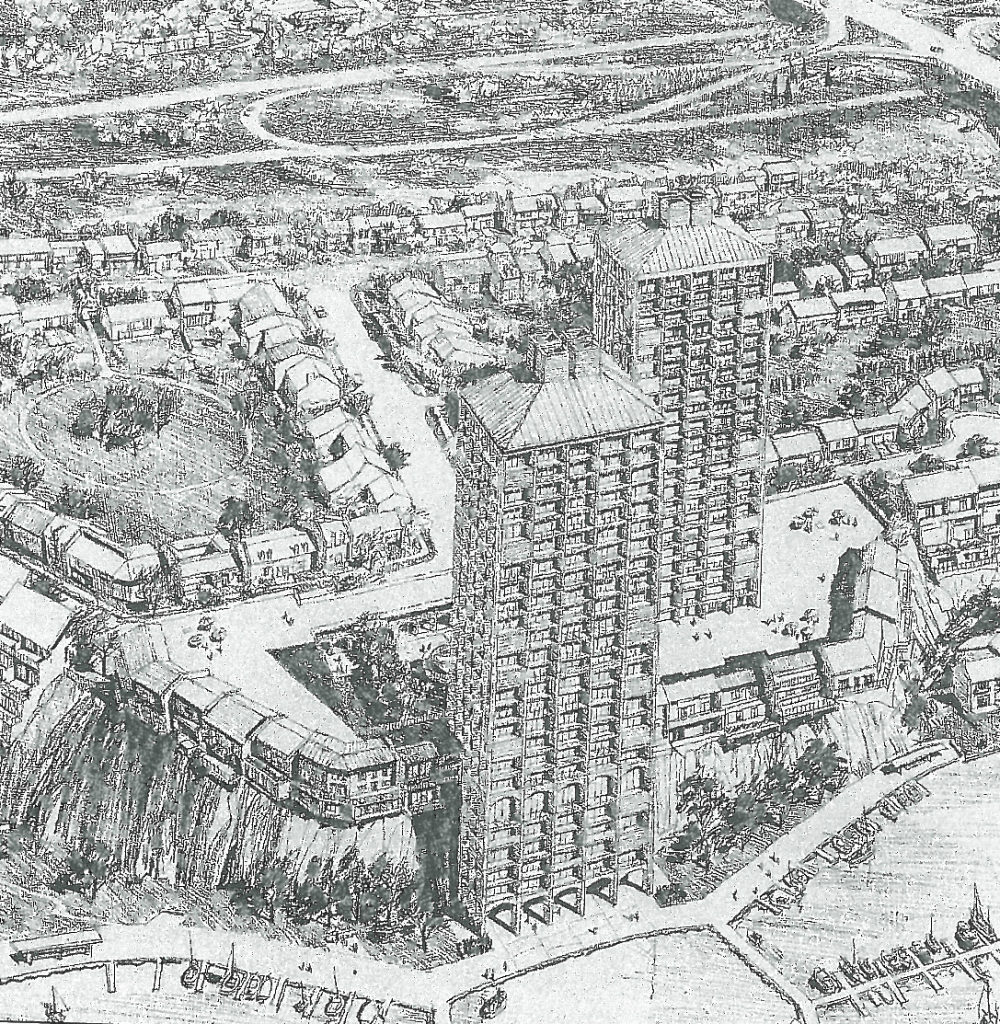A look at upcoming events hosted by the BenCen
A Conversation with Congressman Antonio Delgado
October 10, 2019, 5:30-6:30 pm
Student Union Multipurpose Room, SUNY New Paltz Campus
The Benjamin Center for Public Policy Initiatives is pleased to welcome to our college Congress member Antonio Delgado, member of the U.S. House of Representatives for New York’s 19th Congressional District. Congressman Delgado will be interviewed by KT Tobin, associate director of The Benjamin Center.
The focus of this public conversation will be on the opportunities and challenges that have presented themselves during Congressman Delgado’s early experience in Congress and his priorities going forward. We expect a full and frank discussion and will include time for questions from the audience.
This event is free and open to the public. More information.
November 3rd-9th
Join us for a week of programming centered around Eli Saslow’s book, Rising Out of Hatred: The Awakening of a Former White Nationalist. All events are free and open to the public.
Saslow is a 2014 Pulitzer Prize winning writer for the Washington Post, and Rising Out of Hatred has been widely praised by critics nationwide. The New York Times said, “This is a double portrait: of a worse America, and of a better one. Neither of them has yet come to pass, but each of them might. Thanks to reporting that is both truthful and humane, we see in one young man’s decision a guide to the choices that face a generation and a country.”
One Book events will be held on the SUNY New Paltz campus, at Inquiring Minds Bookstore on Church Street, at the Elting Memorial Library on Main Street, as well as other locations throughout the Village of New Paltz. There are a limited number of reservations available to see the author speak on Tuesday, November 5, at 2pm. Details on how to do that, as well as a listing of all events, can be found here.
Parking: Cars in Communities
November 13th, 8-11 am, College Terrace, SUNY New Paltz Campus
This panel discussion will focus on the development of new planning approaches to guide the use of cars in our small cities, towns, and villages. In an era of rapid technological change and new thinking about the potential impacts of evolving transportation options, the impacts on community development will be discussed. Panelist will include city planners and transportation engineers who are pursuing innovative solutions in Mid-Hudson communities.
There will be ample time for audience Q & A after the panel presentations.
Gary King Lecture Series
March 12, 2020, 6-7:30 pm (Location TBD)
Gaining Voice: The Causes and Consequences of Black Representation in the American States
Guest: Dr. Christopher J. Clark, Gary King Lecturer in Applied Social Science
Christopher J. Clark, Associate Professor of Political Science at UNC-Chapel Hill, focuses on race and electoral representation in the United States and state politics and policy. Most of his research focuses on black electoral representation, and he is especially interested in the creation and influence of black political organizations such as state legislative black caucuses.
The annual Gary King Visiting Lecturer in Applied Social Research is underwritten by New Paltz alumnus Gary King ’80 (Political Science), the Albert J. Weatherhead III Professor at Harvard University and the director of the Institute for Quantitative Social Science.
This event is free and open to the public.





